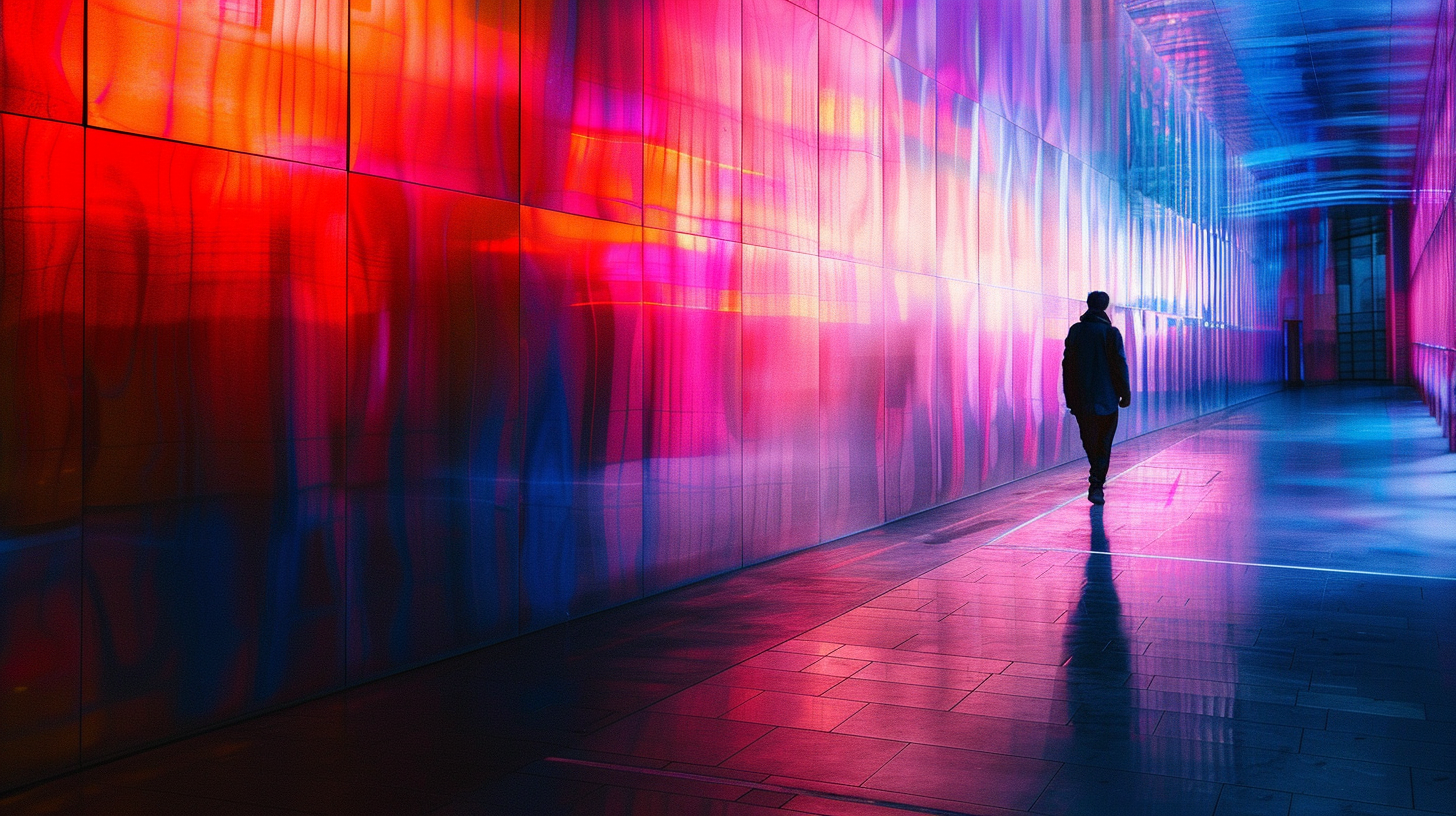When artificial intelligence writes, who holds the pen? This question pierces the core of a debate simmering in the realm of copyright law and AI ethics. As AI writing tools continue to evolve, drawing inspiration from vast wells of online content, the line between inspiration and intellectual theft becomes increasingly muddled. This exploration into the depths of copyright law, AI ethics, and the newfound dilemmas posed by AI-generated content sheds light on the nuances of creation without consent in the digital era.
Navigating the Murky Waters of Copyright and AI
The advent of AI has revolutionized numerous industries, but its impact on copyright law is particularly profound. AI-generated content, from articles to music, raises pressing questions:
- Who owns AI-generated content?
- How do copyright laws apply to content created by non-human entities?
Recent data from a 2024 study reveals a staggering 80% increase in AI-generated content across platforms, highlighting the urgency for legal frameworks to catch up. Intellectual property experts argue that current laws are ill-equipped to handle the nuances of AI creation, paving the way for potential ethical violations.
Ethical Considerations in AI-Generated Content
The distinction between inspiration and outright theft blurs when AI tools generate content by aggregating existing online material. Consider the potential for an AI to produce a novel mirroring the style of a famous author, without explicit permission. The ethical implications are vast, raising questions about originality and the value of human creativity.
- Plagiarism Versus Learning: To what extent is it acceptable for AI to ‘learn’ from existing content?
- Consent and Credit: Who should be credited or compensated when content is derived from pre-existing works?
Case Studies: When AI Crosses the Line
Real-world examples underscore the complexities of AI-generated content crossing ethical boundaries. In one notable case, a music composition software produced a piece eerily reminiscent of a late composer’s unpublished work, leading to legal battles over copyright infringement. Another case involves a blog platform where an AI model aggregated content from various sources to create seemingly original articles, sparking debates over copyright violation and the rights of the original authors.
Interviews with Intellectual Property Experts
To further understand the legal landscape, conversations with intellectual property experts reveal a consensus: the law is lagging.
“The speed at which AI technology is advancing outpaces our legal systems’ ability to adapt,” notes one expert, emphasizing the need for copyright laws to evolve. “There’s a pressing necessity for clear guidelines on AI-generated content to ensure that creators are protected without stifacing innovation,” another adds.
These insights underline the critical need for legal reform, balancing protection for creators with the potential benefits AI can offer to society.
The Path Forward: Ethical Guidelines and Legal Reforms
The solution to navigating the ethical quandaries of AI-generated content lies in a two-pronged approach: developing robust ethical guidelines and enacting comprehensive legal reforms.
- Ethical Guidelines for AI Use: Establishing clear guidelines for ethical AI use, emphasizing transparency, accountability, and respect for original creators.
- Legal Reforms: Updating copyright laws to reflect the realities of AI-generated content, including provisions for AI as a ‘creator’ and ensuring fair compensation for original content creators.
A collaborative effort among technologists, legal experts, and policymakers is essential to forge a path forward.
Insights from the Bold Frontier
The challenges posed by AI-generated content without consent serve as a stark reminder of the need for ongoing dialogue and action. As we stand at the crossroads of innovation and ethics, the choices we make today will shape the creative landscape of tomorrow.
- Balancing Creativity and Copyright: Striking a balance between fostering innovation through AI and protecting the rights of human creators.
- The Role of Consent: Re-evaluating the concept of consent in the age of AI, crafting policies that safeguard against unauthorized use of content.
In the end, the pursuit of clarity in the realm of copyright and AI ethics is not just a legal challenge but a moral imperative. As we navigate this bold new frontier, the path we choose must honor both the letter and the spirit of creativity, ensuring that the digital worlds we build are grounded in fairness, respect, and the acknowledgment of human ingenuity.
Social Media Posts

AI or Plagiarism?
Barely distinguishable.
AI writing tools, a boon or bane?
→ Technology’s rapid advancement brings unparalleled convenience but opens Pandora’s box in content creation.
→ Ethical dilemmas emerge as AI often treads a fine line between inspiration and theft, challenging our understanding of copyright laws.
→ Featuring expert insights, our latest article demystifies this gray area with compelling case studies, ensuring you’re well-informed in the evolving landscape of content creation.
Unlock the full story here: http://contentpilot.rodeo/content-without-consent

Is your AI tool stealing content? Discover the fine line between AI inspiration and copyright infringement. Learn more at http://contentpilot.rodeo/content-without-consent

Ever wonder where the line between AI inspiration and copyright infringement lies? Discover the ethical labyrinth of AI-generated content and learn from top IP experts. Dive into real-world scenarios that challenge the status quo. #AIethics #CopyrightLaw http://contentpilot.rodeo/content-without-consent

Ever pondered where the line between inspiration and theft lies in the digital realm? In the intricate dance of copyright and AI, that line gets murkier by the day. Our latest dive, “Content Without Consent,” sheds light on a pressing issue captivating creators and tech enthusiasts alike. As AI writing tools evolve, so do the challenges and responsibilities in maintaining ethical integrity. We’ve gathered insights from intellectual property experts and analyzed case studies to guide you through this complex landscape. Understanding the balance of creativity and legality has never been more critical. Dive deeply into the conversation and redefine your perspective on AI’s role in content creation.
Read the full insight here: http://contentpilot.rodeo/content-without-consent
#AIethics #Copyright #ContentCreation #TechInnovation #IntellectualProperty #DigitalRights #CreativeIndustry #AIwriting #EthicalTech #InnovationDebate



